Absolutely Love These
Absolutely love these

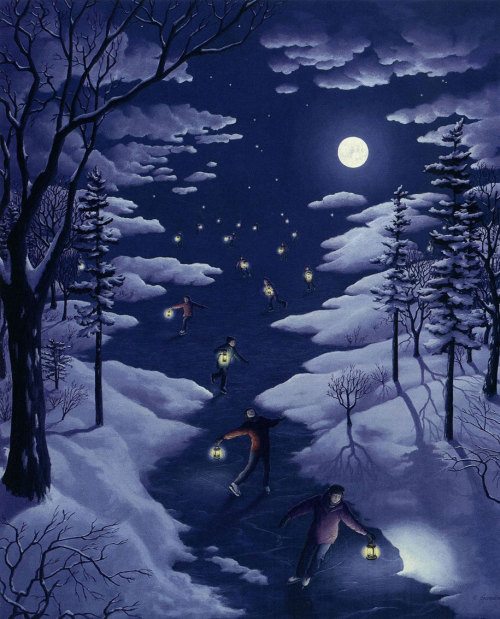


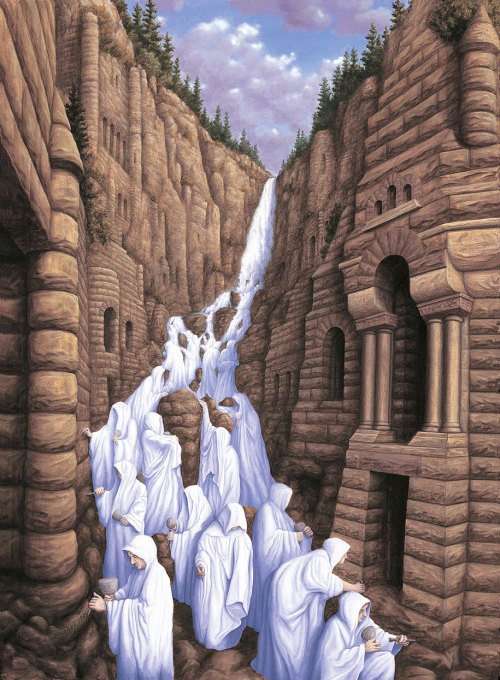


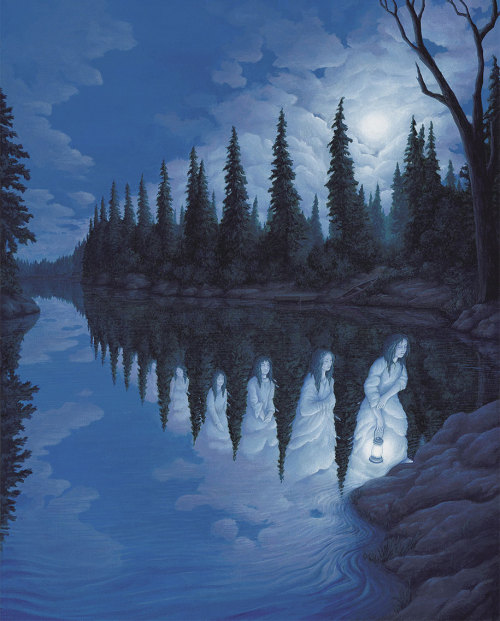

More Posts from Sweetteadivination-blog and Others
What’s Up for February 2016?
Five morning planets, Comet Catalina passes Polaris and icy Uranus and icy Vesta meet near Valentine’s Day.

February mornings feature Mercury, Venus, Saturn, Mars and Jupiter. The last time this five-planet dawn lineup happened was in 2005. The planets are easy to distinguish when you use the moon as your guide. Details on viewing HERE.
If you miss all five planets this month, you’ll be able to see them again in August’s sunset sky.

Last month, Comet Catalina’s curved dust tail and straight ion tail were visible in binoculars and telescopes near two galaxies that are close to the handle of the Big Dipper. Early this month, the comet nears Polaris, the North Star. It should be visible all month long for northern hemisphere observers.

There will be more opportunities to photograph Comet Catalina paired with other objects this month. It passes the faint spiral galaxy IC 342 and a pretty planetary nebula named NGC 1501 between Feb. 10 – 29. For binocular viewers, the magnitude 6 comet pairs up with a pretty string of stars, known as Kemble’s Cascade, on Feb. 24.

Finally, through binoculars, you should be able to pick out Vesta and Uranus near one another this month. You can use the moon as a guide on Feb. 12, and the cornerstone and the corner stars of Pegasus all month long.

For more information about What’s Up in the February sky, watch our monthly video HERE.
Make sure to follow us on Tumblr for your regular dose of space: http://nasa.tumblr.com
New art from my wife!

Made a monster to help me fight art block

Milky Way Panorama - The Pinnacles Desert, Western Australia / Source / by inefekt69

Michel Eugène Chevreul. Couleurs d'un Spectre Solaire. 1864.

Michael Whelan
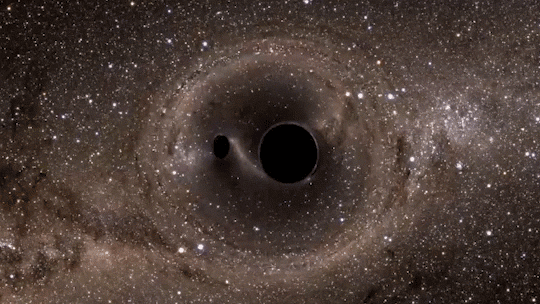

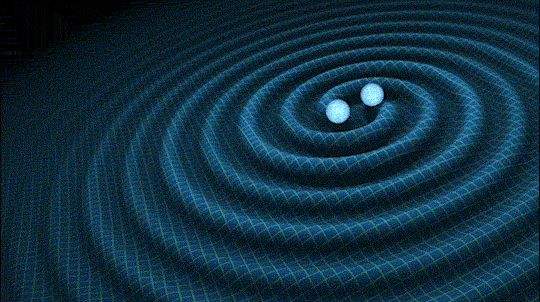




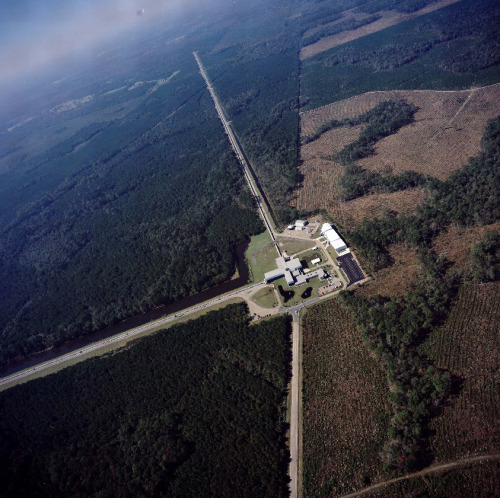
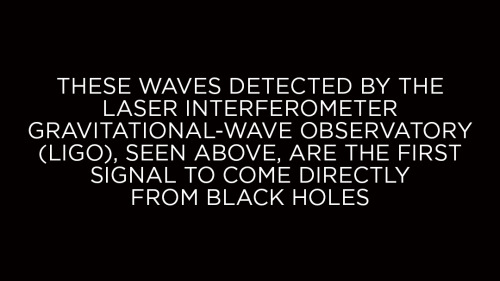
This is very cool and a pretty big deal. Find out why.
Love me some SU



Have some Astrophyllite doodlies
Love it baby

Astrophyllite (a.k.a. Astro, a.k.a. Phyll) Still working on her design. I have many WIPs of her but I dont want to post them.. lol.
Sad that this is so true...

‘The Time To Act Is Now,’ Says Yellowing Climate Change Report Sitting In University Archive
BERKELEY, CA—Warning society that it has reached a crucial tipping point from which it may never be able to recover, a brittle, yellowing report sitting in the archives of the University of California’s Bioscience & Natural Resources Library reportedly urged readers Friday that “the time to act against climate change is right now.” “Any further delay in ending the international community’s reliance on fossil fuels and reversing global carbon emission trends places the planet on an irreversible path toward climate catastrophe,” read the faded text of the document, whose musty, degrading pages further cautioned that, without “an immediate and concerted worldwide response,” polar ice caps will melt at an accelerating rate and extreme weather events will grow more frequent and destructive.
More.

NASA Astronomy Picture of the Day 2016 September 19
50,000 Kilometers over the Sun
What’s happening at the edge of the Sun? Although it may look like a monster is rampaging, what is pictured is actually only a monster prominence – a sheath of thin gas held above the surface by the Sun’s magnetic field. The solar event was captured just this past weekend with a small telescope, with the resulting image then inverted and false-colored. As indicated with illustrative lines, the prominence rises over 50,000 kilometers above the Sun’s surface, making even our 12,700-diameter Earth seem small by comparison. Below the monster prominence is active region 12585, while light colored filaments can be seen hovering over a flowing solar carpet of fibrils. Filaments are actually prominences seen against the disk of the Sun, while similarly, fibrils are actually spicules seen against the disk. Energetic events like this are becoming less common as the Sun evolves toward a minimum in its 11-year activity cycle.
-
 samuelique liked this · 1 week ago
samuelique liked this · 1 week ago -
 lowcountry-gothic liked this · 3 weeks ago
lowcountry-gothic liked this · 3 weeks ago -
 joresearchjournal liked this · 2 months ago
joresearchjournal liked this · 2 months ago -
 truecelibate liked this · 3 months ago
truecelibate liked this · 3 months ago -
 deadspacho liked this · 4 months ago
deadspacho liked this · 4 months ago -
 fullmetal-the-last-alchemist liked this · 4 months ago
fullmetal-the-last-alchemist liked this · 4 months ago -
 sparklepops liked this · 5 months ago
sparklepops liked this · 5 months ago -
 sleepyjesus666 liked this · 5 months ago
sleepyjesus666 liked this · 5 months ago -
 dersterbendeschwan liked this · 6 months ago
dersterbendeschwan liked this · 6 months ago -
 annaul82f liked this · 6 months ago
annaul82f liked this · 6 months ago -
 sleepydreameroncloud9 reblogged this · 6 months ago
sleepydreameroncloud9 reblogged this · 6 months ago -
 she-was-a-day-tripper89 liked this · 7 months ago
she-was-a-day-tripper89 liked this · 7 months ago -
 gendryastarkers reblogged this · 8 months ago
gendryastarkers reblogged this · 8 months ago -
 theesirensmuse reblogged this · 9 months ago
theesirensmuse reblogged this · 9 months ago -
 steampunkepsilon liked this · 9 months ago
steampunkepsilon liked this · 9 months ago -
 afewgoodcrows liked this · 10 months ago
afewgoodcrows liked this · 10 months ago -
 siterlas reblogged this · 10 months ago
siterlas reblogged this · 10 months ago -
 thetelekineticfrog liked this · 10 months ago
thetelekineticfrog liked this · 10 months ago -
 thicf4g liked this · 10 months ago
thicf4g liked this · 10 months ago -
 becausewearemortal reblogged this · 11 months ago
becausewearemortal reblogged this · 11 months ago -
 wolfsrahne28 liked this · 11 months ago
wolfsrahne28 liked this · 11 months ago -
 differentpaperspider liked this · 11 months ago
differentpaperspider liked this · 11 months ago -
 nenufair liked this · 1 year ago
nenufair liked this · 1 year ago -
 the-softest-bruise reblogged this · 1 year ago
the-softest-bruise reblogged this · 1 year ago -
 ale-phael liked this · 1 year ago
ale-phael liked this · 1 year ago -
 crystalclear-heart liked this · 1 year ago
crystalclear-heart liked this · 1 year ago -
 cyberroses liked this · 1 year ago
cyberroses liked this · 1 year ago -
 king-chook reblogged this · 1 year ago
king-chook reblogged this · 1 year ago -
 king-chook liked this · 1 year ago
king-chook liked this · 1 year ago -
 ifpagaidu reblogged this · 1 year ago
ifpagaidu reblogged this · 1 year ago -
 katakirin liked this · 1 year ago
katakirin liked this · 1 year ago -
 saphicspacesociety20 reblogged this · 1 year ago
saphicspacesociety20 reblogged this · 1 year ago -
 valkyriethemes liked this · 1 year ago
valkyriethemes liked this · 1 year ago -
 overn-donewit-em reblogged this · 1 year ago
overn-donewit-em reblogged this · 1 year ago -
 grlurl liked this · 1 year ago
grlurl liked this · 1 year ago -
 squeackygee reblogged this · 1 year ago
squeackygee reblogged this · 1 year ago -
 winterzworld reblogged this · 1 year ago
winterzworld reblogged this · 1 year ago -
 whippedcreamburrito reblogged this · 1 year ago
whippedcreamburrito reblogged this · 1 year ago -
 msvries liked this · 1 year ago
msvries liked this · 1 year ago -
 mr-e-is-me liked this · 1 year ago
mr-e-is-me liked this · 1 year ago